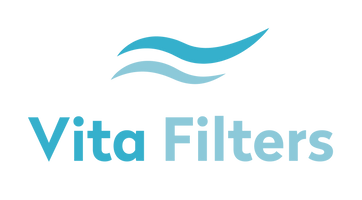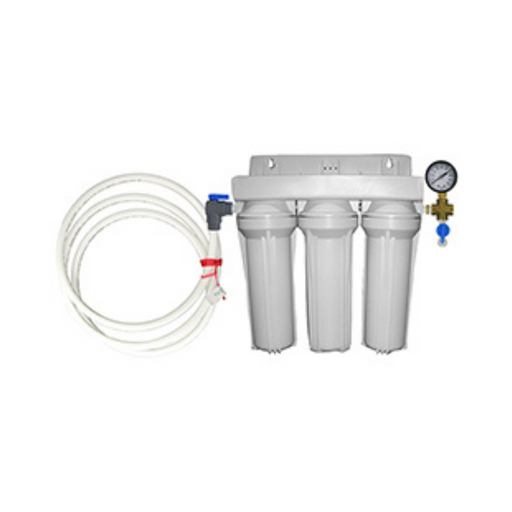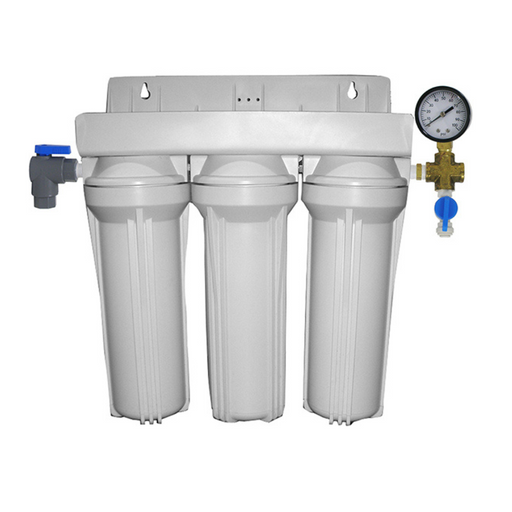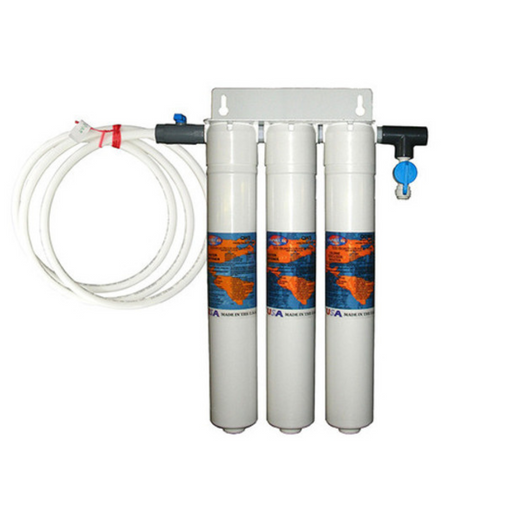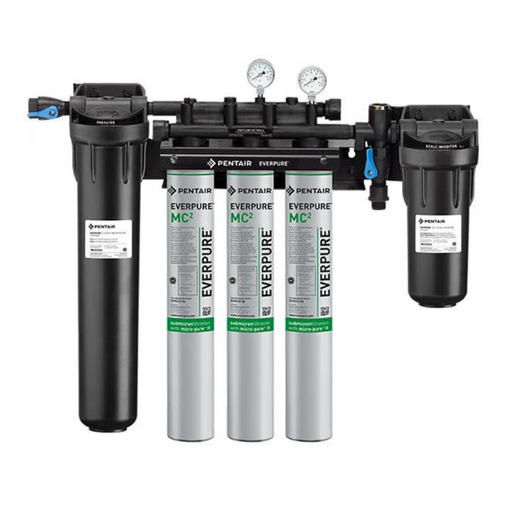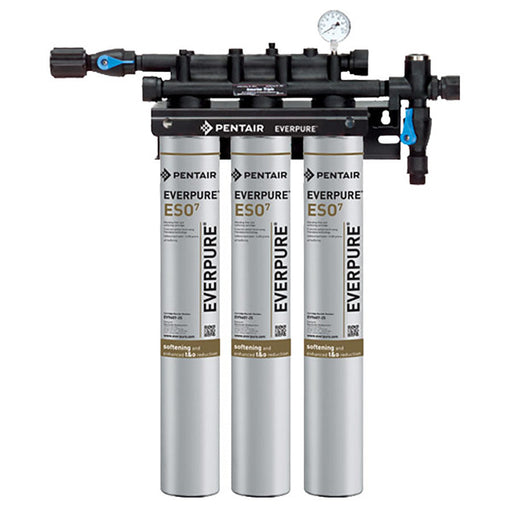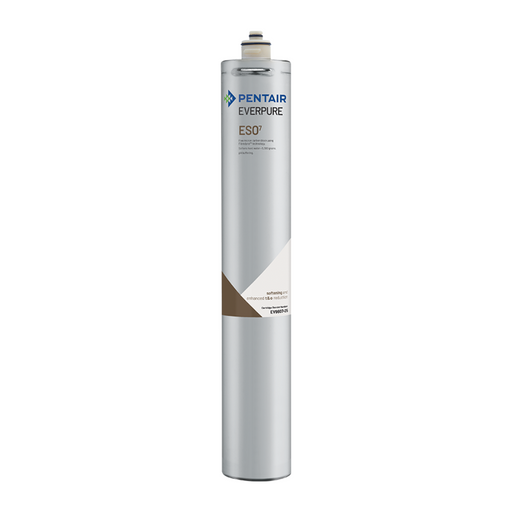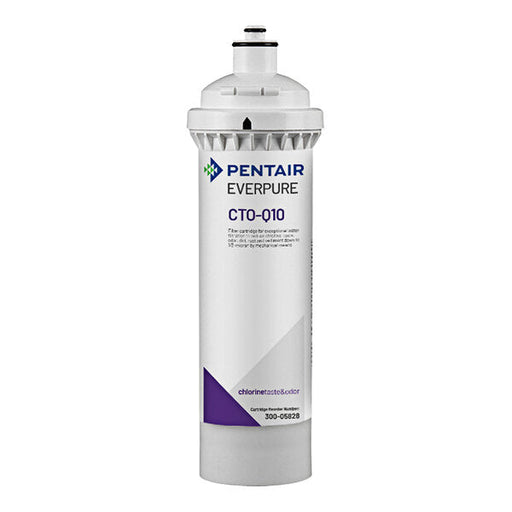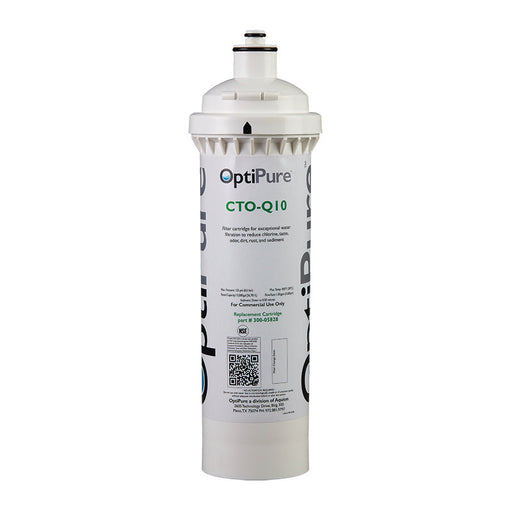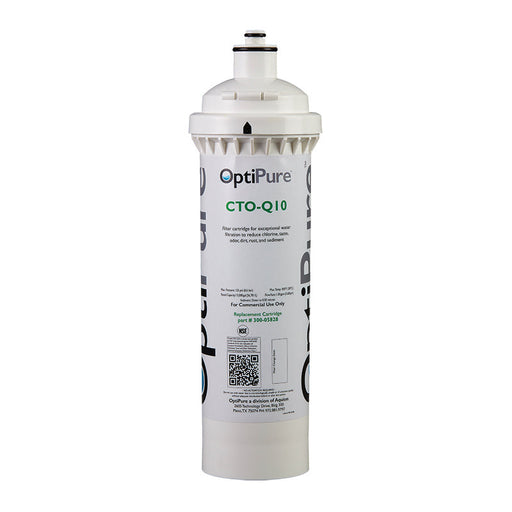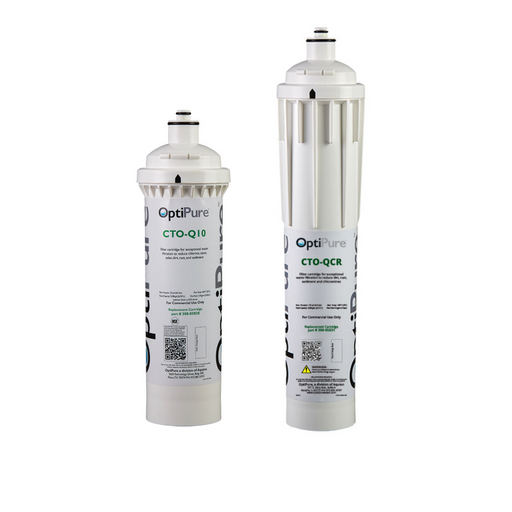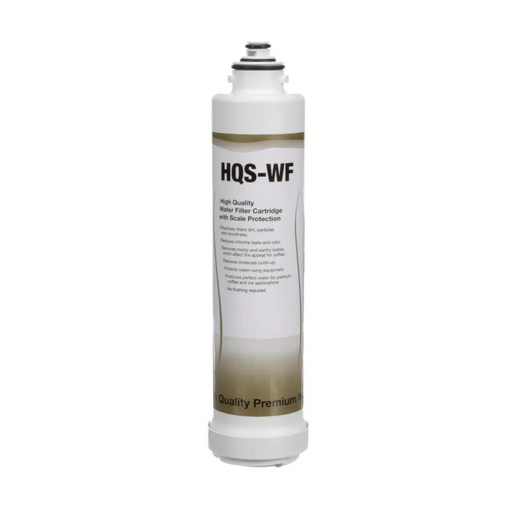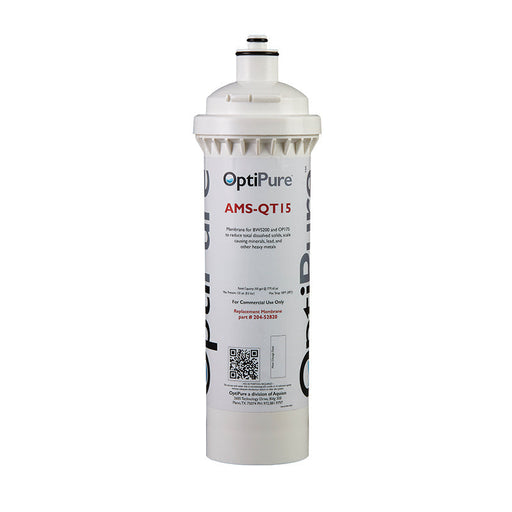Call or Text 303-736-9856
Best Sellers
Everpure ESO7 EV9607-25 Espresso Water Filter Cartridge 1.0 GPM 5,300 Grains
The Everpure ESO 7 EV960725 Cartridge has a unique three-stage blending process to provide softened, buffered, filtered water for specialty coffee,...
View full detailsOptiPure 300-05828 CTO-Q10 Replacement Cartridge 1.5 GPM 0.5 Micron
The Pentair OptiPure CTO-Q10 is a 10” Qwik-Twist cartridge for use in OptiPure QT10 Series Systems to reduce sediment down to 0.5-microns and reduc...
View full detailsOptiPure 170-52081 QTI1+CR Replacement Cartridge Kit CTO-Q10 CTOS-QCR
The CTO-Q10 is a 10” Qwik-Twist cartridge that reduces sediment down to 0.5 microns and reduces chlorine, taste & odor at a flow rate of 1.5 GP...
View full detailsEverpure DEV9830-01 HQS-WF Filter Cartridge
Application: Produces perfect water for premium drinking water applications. Fits Everpure QL1 and QL3b heads. Part of a sanitary quick-change fil...
View full detailsOptiPure 204-52820 AMS-QT15 Reverse Osmosis RO Membrane
The AMS-QT15 is a 10″ Qwik-Twist replacement membrane for BWS200 and OP175 systems that reduces Total Dissolved Solids (TDS), scale-causing mineral...
View full details3-Stage Water Filtration Systems
A 3-stage water filtration system is another type of water purification setup designed to improve water quality by removing various impurities and contaminants. As the name suggests, it consists of three distinct stages, each serving a specific purpose in filtration. Let's explore each stage:
- Sediment Filtration: The first stage involves passing the water through a sediment filter, similar to the 4-stage system. This filter is designed to remove large particles, such as sediment, silt, sand, rust, and other visible debris. By eliminating these larger particles, the subsequent filtration stages can work more effectively and prevent damage to delicate filters downstream.
- Carbon Filtration: In the second stage, the water passes through an activated carbon filter in the 4-stage system. Activated carbon has a large surface area with high adsorption properties, allowing it to trap and remove a wide range of contaminants. It can effectively remove chlorine, volatile organic compounds (VOCs), certain chemicals, bad tastes, and odors from the water, improving its quality.
- Reverse Osmosis (RO) Filtration: The third and final stage of the 3-stage water filtration system involves using a reverse osmosis membrane, just like the 4-stage system. During this stage, water is forced through the semi-permeable RO membrane, which has very fine pores that can block smaller particles and impurities. Reverse osmosis removes heavy metals, dissolved solids, bacteria, viruses, and other harmful contaminants, resulting in purified water.
While a 3-stage water filtration system lacks the additional "Post-Carbon Filtration" stage present in the 4-stage system, it still significantly improves water quality. The three stages work together to remove different types of impurities, ensuring that the water is clean, safe, and free from various contaminants.
3-stage water filtration systems are commonly used in households and commercial settings where water quality needs improvement. Still, there might not be a requirement for the additional polishing step offered by the fourth stage of the more comprehensive 4-stage systems. However, the choice between a 3-stage and 4-stage system ultimately depends on the user's specific needs and water quality concerns.
